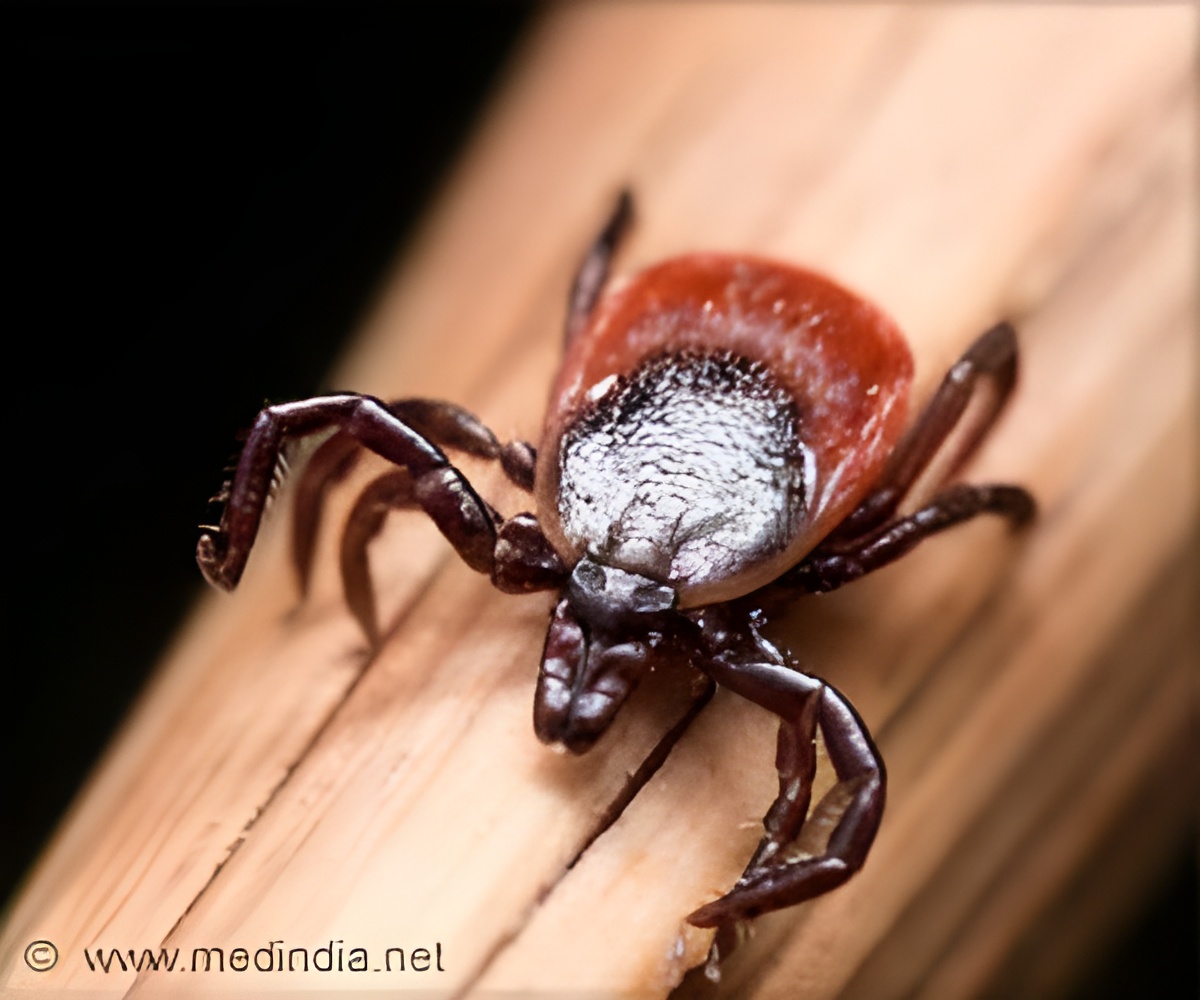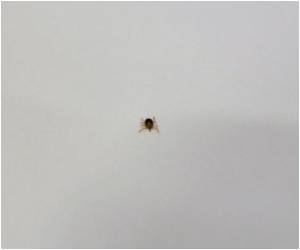
‘More tick bites could trigger red meat allergy than initially suspected. Therefore, finding more effective precautions could help prevent tick bites.’
Read More..Tweet it Now
Alpha-gal is a sugar found in most mammal blood, except humans. When humans develop an allergic immune response to it, this response can lead to a red meat allergy called alpha-gal syndrome (AGS).Read More..
"Our original hypothesis was that humans developed the allergy after being exposed to alpha-gal through a tick that had fed on a deer, dog or other small mammal that has alpha-gal," said Dr. Scott Commins, associate professor of medicine and pediatrics at UNC School of Medicine. "This new data suggests that ticks can induce this immune response without requiring the mammal blood meal, which likely means the risk of each bite potentially leading to the allergy is higher than we anticipated."
To reach these findings, researchers stripped white blood cells of their Immunoglobulin E (IgE), antibodies produced by the immune system during an allergic reaction. The stripped white blood cells were then primed with plasma from individuals with AGS and without AGS. Then, researchers added to the cells tick salivary gland extract from four species of ticks - Lone Star, Deer, Gulf Coast, and American Dog. Some of the ticks had recently fed on blood containing alpha-gal, and some had not.
As researchers expected, saliva from the Lone Star and Deer ticks that recently fed on blood caused a reaction. However, saliva from those same types of tick that had not recently fed on blood also caused a reaction. Saliva from a Lone Star tick that had not recently fed caused reactivity 40 times higher compared to the control. Neither type of saliva from the Gulf Coast nor the American Dog ticks caused a reaction.
Because samples of both blood-fed and non-blood-fed tick saliva in these experiments exhibited a range of reactivity, Commins says, "These results suggest that more tick bites than we initially suspected could pose a risk for developing red meat allergy."
Advertisement
Source-Eurekalert















